Category
Popular
-
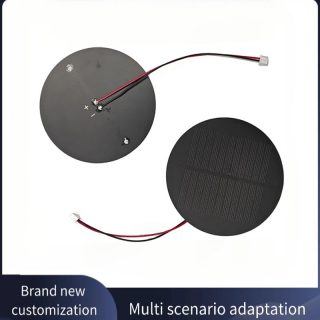 1.5W 5.5V Customized Small Mini Round Circle Solar Panel Diameter 110mm Perc Monocrystalline Silicon Solar Cell PET Abrazine PCB Backsheet Red Black Wires Lightweight DIY Solar Products
1.5W 5.5V Customized Small Mini Round Circle Solar Panel Diameter 110mm Perc Monocrystalline Silicon Solar Cell PET Abrazine PCB Backsheet Red Black Wires Lightweight DIY Solar Products
-
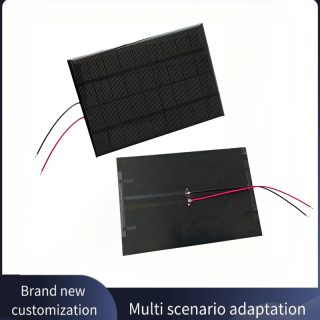 2.5W 9V Mono Epoxy Resin Small Mini 173x132mm Solar Panel Power Output with Extend Wire DIY Solar Panel for Projects Factory Wholesale Solar Charger
2.5W 9V Mono Epoxy Resin Small Mini 173x132mm Solar Panel Power Output with Extend Wire DIY Solar Panel for Projects Factory Wholesale Solar Charger
-
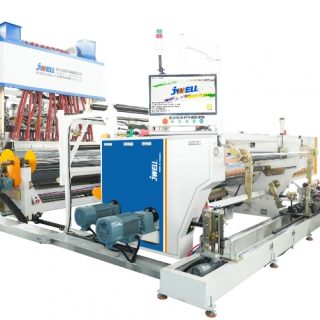 CPE Stretching Film Line
CPE Stretching Film Line
-
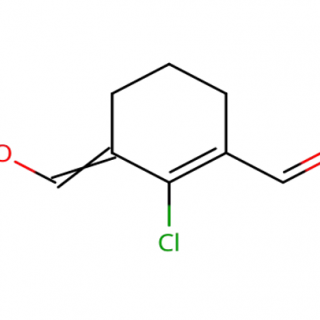 2-chloro-3-(hydroxyMethylene)cyclohex-1-enecarbaldehyde
2-chloro-3-(hydroxyMethylene)cyclohex-1-enecarbaldehyde
-
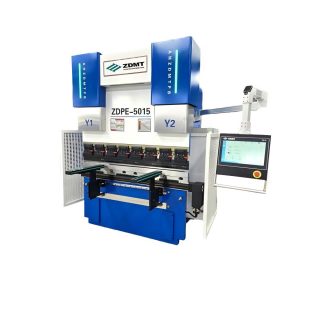 WE67K-50/1500 Small CNC Press Brake
WE67K-50/1500 Small CNC Press Brake
Digestive balloon
In the realm of medical devices, advancements continue to reshape the landscape of treatment options for various conditions.
In the realm of medical devices, advancements continue to reshape the landscape of treatment options for various conditions. One such innovation is the digestive balloon, a versatile tool designed to address digestive tract dilation and serve as an adjuvant therapy.

Digestive Balloon: A Tailored Solution
The digestive balloon represents a significant leap forward in the management of digestive tract issues. Its primary application lies in dilation—a procedure aimed at widening narrowed or obstructed areas within the digestive tract. Whether due to scar tissue, inflammation, or congenital anomalies, dilation can restore normal function and improve patient outcomes.
Moreover, the digestive balloon serves as an adjuvant therapy, complementing other treatment modalities to enhance overall efficacy. Its customizable nature allows for precise targeting of specific regions within the digestive system, making it a versatile addition to the gastroenterologist's toolkit.
Customization for Multiple Digestive Tract Parts
One of the standout features of the digestive balloon is its ability to be customized for various parts of the digestive tract. This includes, but is not limited to:
-
Esophagus: For patients with esophageal strictures or dysphagia, the esophageal balloon offers a non-invasive dilation option that can significantly improve swallowing function.
-
Biliary Tract: In cases of biliary obstruction, the biliary balloon catheter can be employed to dilate the bile ducts, facilitating the flow of bile and alleviating symptoms such as jaundice and abdominal pain.
-
Pylorus: Pyloric stenosis, a common condition in infants, can be managed with pyloric balloon dilation, avoiding the need for surgical intervention.
-
Intestinal Tract: For patients with intestinal strictures or Crohn's disease-related narrowing, intestinal balloon dilation can restore luminal patency and alleviate symptoms.
-
Cardia Relaxation: In gastroesophageal reflux disease (GERD) patients with a tight lower esophageal sphincter, cardia relaxation achieved through balloon dilation can improve symptoms and quality of life.
-
Duodenum: Duodenal strictures can pose significant challenges; however, duodenal balloon dilation offers a minimally invasive approach to restoring normal luminal diameter.
Large Size Balloon Blowing Technology
Another key selling point of the digestive balloon is the incorporation of large size balloon blowing technology. This advanced technology enables the creation of balloons that can achieve the necessary dilation force while maintaining patient safety and comfort.
The large size capability is particularly advantageous in cases where significant dilation is required. It allows for more effective treatment of severe strictures or obstructions, reducing the need for multiple dilation procedures. Additionally, the precise control over balloon inflation and deflation ensures that the dilation process is gradual and well-tolerated by the patient.
Benefits of Digestive Balloon Therapy
The use of digestive balloons offers a multitude of benefits, including:
-
Minimally Invasive: Compared to traditional surgical interventions, balloon dilation is a less invasive procedure, reducing recovery time and postoperative complications.
-
Cost-Effective: By avoiding the need for extensive surgical procedures, digestive balloon therapy can be more cost-effective, both for the healthcare system and the patient.
-
Patient Comfort: The procedure is generally well-tolerated, with minimal discomfort or pain. This can lead to improved patient satisfaction and adherence to treatment plans.
-
Versatility: The customizable nature of digestive balloons allows for their use in a wide range of digestive tract parts, making them a valuable tool in the management of various digestive conditions.
The digestive balloon represents a significant advancement in the treatment of digestive tract dilation and adjuvant therapy. Its customizable design, coupled with large size balloon blowing technology, makes it a versatile and effective option for addressing a wide range of digestive conditions. As medical technology continues to evolve, the digestive balloon will likely play an increasingly important role in improving patient outcomes and enhancing the quality of life for those with digestive tract disorders.
By embracing this innovative approach, healthcare providers can offer their patients a safer, more effective, and less invasive alternative to traditional surgical interventions. The digestive balloon stands as a testament to the power of medical innovation in transforming the way we treat digestive tract issues.
|
Diameter of balloon |
1.5mm-25.0mm |
|
Length of balloon |
20mm-300mm |
|
Material |
Nylon、Pebax ,Nylon/Pebax Mixture and other materials |
|
Balloon type |
Semi-compliant,compliant |
|
Compatiable Guidewire |
0.014inch、0.018inch、0.035inch |
Digestive Balloon: A Core Tool for Minimally Invasive Intervention in Gastrointestinal Disorders
1. Overview of Digestive Balloons
A digestive balloon is a medical device used in minimally invasive interventional procedures to treat gastrointestinal (GI) disorders. By inflating a balloon within the digestive tract via a catheter—either with liquid or gas—it achieves localized expansion. This technology is widely employed to resolve obstructions, improve mucosal lesions, or assist in stent placement. Key advantages include reduced invasiveness, faster recovery times, and broad applicability across endoscopic and interventional radiology settings.
2. Operating Principle
The digestive balloon functions on a mechanical dilation principle. The uninflated balloon is delivered to the target site (e.g., esophageal or intestinal strictures) via a catheter. Once positioned, the balloon is inflated with a medium (saline or contrast dye), exerting uniform pressure to stretch fibrous tissue or widen occluded areas. After achieving the desired effect, the balloon is deflated and removed, providing temporary or permanent relief.
3. Indications
Digestive balloons are indicated for diverse GI conditions:
• Benign Strictures: Post-surgical scarring (e.g., esophageal), inflammatory bowel disease (IBD)-related narrowing.
• Palliative Care for Malignancies: Relief of dysphagia or bowel obstruction due to tumor compression.
• Functional Disorders: Gastric motility issues (e.g., gastroparesis).
• Stent Pre-Dilation: Creating space for permanent stent implantation.
4. Features & Functions
1. Precision Dilation: Customizable balloon sizes accommodate varying lesion lengths and severity.
2. Pressure Regulation: Integrated pressure pumps enable real-time monitoring to prevent tissue overdistension.
3. Enhanced Visualization: Radiopaque markers improve intraoperative imaging accuracy.
4. Rapid Exchange Systems: Streamline procedural workflows and reduce procedural risks.
5. Design Requirements
Digestive balloons must meet stringent medical standards:
• Balanced Flexibility & Strength: Adapt to anatomical curvature while withstanding operational pressures.
• Burst Resistance: Materials undergo rigorous pressure testing to ensure structural integrity.
• Ergonomic Handling: Slim catheter profiles and low push forces facilitate single-operator use.
• Compatibility: Interface seamlessly with standard endoscopic/endovascular devices.
6. Materials
Leading digestive balloons utilize biocompatible polymers:
• Silicone: Superior biocompatibility for long-term implantation.
• Polyurethane: Combines abrasion resistance and tear strength.
• Nylon Composites: Reinforced for high-pressure dilation scenarios.
Hydrophilic coatings are often applied to minimize friction during insertion.
7. CDMO Partner Selection Criteria
When choosing a Contract Development and Manufacturing Organization (CDMO):
• Regulatory Compliance: ISO 13485, FDA 510(k), or CE Mark certifications.
• Technical Expertise: Proven track records in similar product launches and patent portfolios.
• Scalability: Capacity to transition from prototype to mass production.
• Data Security: Stringent non-disclosure agreements (NDAs) to safeguard intellectual property.
8. OEM Contract Manufacturing
OEM outsourcing accelerates product realization through:
• Turnkey Solutions: End-to-end services from material sourcing to final quality control.
• Cost Efficiency: Economies of scale reduce per-unit manufacturing costs.
• Regulatory Support: Leveraging the CDMO’s established quality management systems (QMS).
• Customization: Tailoring production parameters to client specifications.
9. ODM Innovation & Collaboration
ODM partnerships prioritize innovation and agility:
• Clinical-Driven Design: Iterative improvements based on physician feedback.
• Smart Integration: Embedding sensors for real-time pressure monitoring or remote data transmission.
• Rapid Prototyping: Shortened development cycles through collaborative R&D efforts.
• IP Protection: Clear agreements on patent ownership and technological differentiation.
10. Comprehensive Solutions
Tailored service packages address clinical nuances:
• Customization: Patient-specific sizing or hybrid balloon-stent designs.
• Emergency Response: Stocked kits for acute obstructions.
• Post-Procedure Protocols: Drug-eluting coatings or stent deployment guidelines.
• Training Programs: Hands-on workshops (animal models/simulations) and clinical skill-building.
Related products
-
Quick View
The Benefits of Roof Insulation: Is it a Wise Investment?
Read moreRoof insulation is a topic that often goes unnoticed, yet it plays a crucial role in maintaining a comfortable and energy-efficient home. Many homeowners wonder whether insulating their roof is a good idea. In this article, we will delve into the benefits of roof insulation, exploring its impact on energy efficiency, cost savings, and overall …
The Benefits of Roof Insulation: Is it a Wise Investment?Read More
-
Quick View
Donec ullamcorper turpis
$45.00Add to cartAliquam porttitor mattis erat, a eleifend lorem tempor ut. Donec erat lacus, ultricies at dolor sed, accumsan sollicitudin libero. Praesent pellentesque sed odio et fringilla. Donec a semper metus. Nulla mollis sodales sem vitae congue. Donec laoreet nunc sed metus pretium volutpat. Nunc quis feugiat elit.
-
Quick View
Phasellus molestie id mi sit amet
$66.00Add to cartMorbi mattis ipsum sem, in gravida dolor venenatis vestibulum. Aenean laoreet, nisi in bibendum dictum, purus libero accumsan enim, id vehicula enim metus vitae ipsum. Maecenas nulla est, dictum quis augue ultrices, dictum rutrum enim. Aliquam erat volutpat.
-
Quick View
Vestibulum ante ipsum primis
$56.00Add to cartCras mollis dolor sed tempor iaculis. Duis ac ante quam. Donec nec justo erat. Nam a augue vel ex venenatis interdum sit amet ac quam. Interdum et malesuada fames ac ante ipsum primis in faucibus. Vestibulum erat lectus, cursus at dui in, fringilla commodo lectus. Quisque eu bibendum quam, eget euismod sem

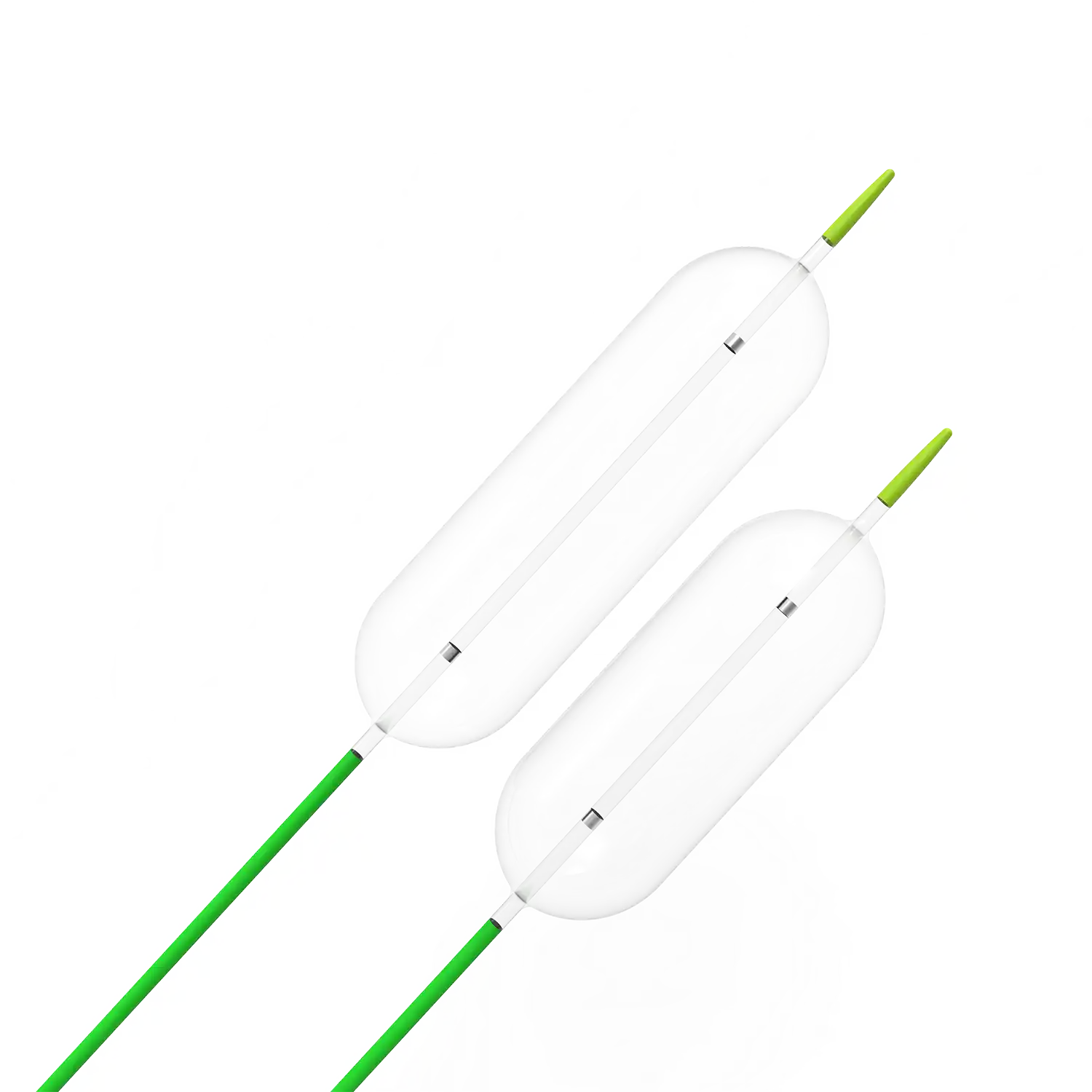


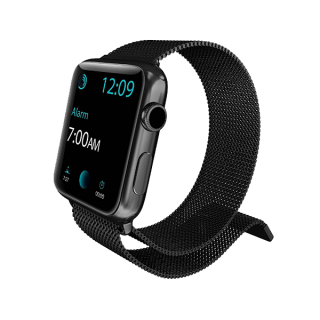

Reviews
There are no reviews yet.